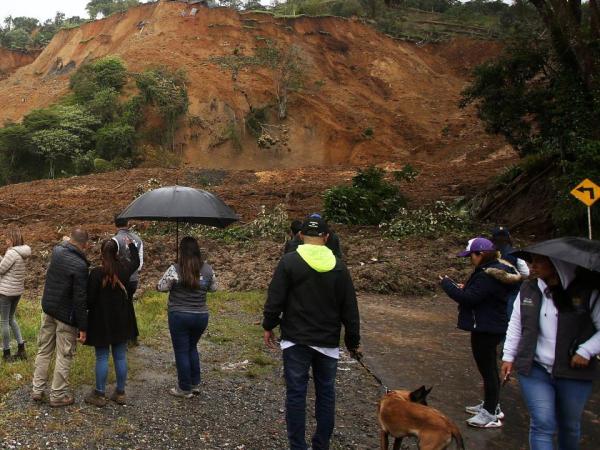The Festival of Integration of the Peoples of Latin America ends this Sunday night (22h) at Largo da Batata, in Pinheiros, in the capital of São Paulo. Throughout the day, artists from different cultural expressions from Latin, Caribbean and African countries perform free of charge. The festival takes place in the week of the city’s anniversary, January 25, and celebrates the culture of immigrants, human rights, diversity and indigenous peoples.
Tânia Bernuy was born in Peru and has been in Brazil for 20 years. “Almost half of my life here”, she reports. She came for reasons of family reunification and today she is at the head, as executive director, of the Latin American Art and Culture Association (Alac), which promotes the event. that culture is still the best way to achieve cultural integration and social inclusion”, he points out.
Auditor Betty Berdjo is the daughter of Peruvian parents who have been in Brazil for 30 years. “Here’s a bit of my story. My family settled inland, in Sorocaba. My parents created a community of people from Peru there too. I grew up in this environment, in this culture, having this experience at home was very good. I grew up speaking two languages, with these two cultures”, she told Agência Brasil.
A survey by the city of São Paulo, based on 2019 data from the Federal Police, indicates that around 360,000 immigrants reside in the capital of São Paulo. Among the most recurrent nationalities are Bolivians, Chinese and Haitians.
“Culturally it is a very welcoming country. In the field of artistic culture, the doors are open”, evaluates Tânia. She adds, however, that in the field of human rights, social inclusion, work “there is a little more resistance”. The director highlights important advances, such as the creation of the Coordination of Policies for Immigrants in the city of São Paulo, under the administration of Fernanda Haddad. “A policy that helped to have the perspective of the immigrant as a subject of rights as well.”
presentations
The program, which has the support of the Municipal Department of Human Rights and Citizenship, features presentations of rhythms such as cumbia, salsa and reaggaeton. From 6 pm onwards, for example, the Banda Leonardo Matumona, the Togolese music and dance group Maobé, the Colombian orchestra Tríptico Caribe and the Cuban salsa orchestra Timba Havana, which closes the festival, will perform.
In addition to music, Peruvian and Bolivian food is sold. Bolivian handmade empanadas are served by Lizebth Aide Chacalla, who has been in Brazil for 15 years. Munnay Panaderia makes deliveries by delivery and on order through social networks. Anyone attending the event today will be able to taste, for example, the Pucacapa empanada.
“The name comes from the Quechua language, which is a language originating in the region of Bolivia, Peru, which means red cape, it’s because we rub a red pepper over it, that’s why it’s pucacapa, red cape. There is also salteña, which is the most traditional salty dish in Bolivia. It is a succulent snack, from Argentina, but in Bolivia we changed the filling, which is more succulent”, he explains.
Lizebth arrived in the country at the age of 8. “It was very difficult, but we managed to get into school, learn Portuguese so I think we managed well”, she recalls. The young woman regrets that many Bolivians are unable to escape the chain of exploitation in Brazil, with work situations analogous to slavery, especially in the textile sector. “We managed to get out of this jail. We studied, my sister is a designer and I studied gastronomy. I am working with a bakery to break this cycle.”















